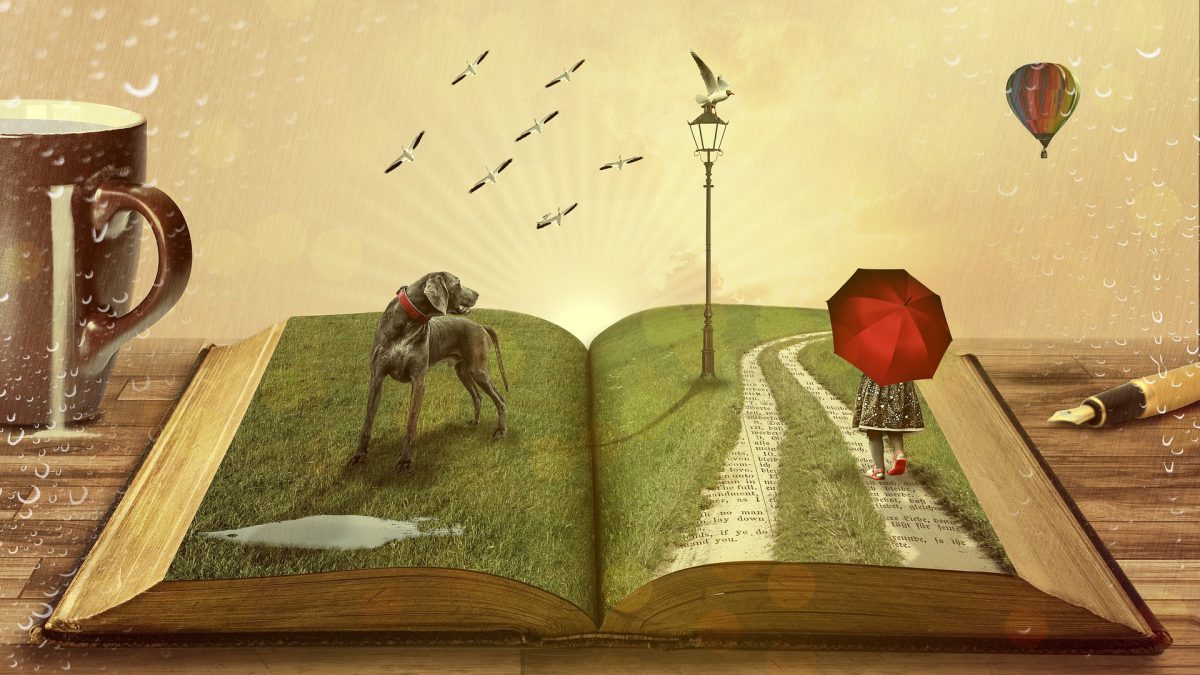Yesterday I was in a meeting with friends to discuss website content plans for the year. At one point in the discussion I gave them an idea, “you know in your business, especially in this market, you need to educate people on what you do, so that they appreciate its value.”
I decided to take my advice and write about my work. I sum it up as storytelling; it seems very obvious to me when I say it. But I realise every time I say it I need to explain it. One more time doesn’t hurt.
A story is more than a fable, folklore, a news article or a work of fiction. Stories define our lives – it shifts or justifies what we believe and it opens us up to new realities and opportunities we barely knew or believed could exist.
As a storyteller, it is my job to create these new vistas for people. And these vistas can exist pretty much anywhere, in how we communicate verbally, to why we constantly buy a product. I work with companies to create that singular compelling narrative that embodies why they do what they do, and how they make a difference in people’s lives.
But storytelling is a craft it takes a whole lot of time reading, observing and a lot of practice piecing together these narratives. Let me break it down:
Writing
I try to write at least 5 times a week, that means I need to write every single workday without fail. It isn’t about whether I feel like it; I need to do it to stay sharp. Writing is like a muscle, you need to exercise it. This means the more frequently I write, the more I train my mind to draw creativity faster and more vividly. And this allows me to write longer pieces in a shorter span of time. This means when you pay for my services, you are not just paying for what I have written; you are paying for the man-hours of experience it took to create that long, compelling piece on your website.
Observation
I had a conversation last year with a senior copywriter about language and cultural nuances the average advertising commercials lack. When he was starting out at his job, his boss asked him to listen to the way Kenyans spoke. The average Kenyan will mix at least two languages in a sentence. Statements like “I kwendad” fusing English and Kiswahili or
“Where is that Kiria?” – A fusion of English and Kikuyu. There is nothing wrong with this; it is a beautiful aspect of our uniquely diverse cultures. By watching people you understand certain cultural idiosyncrasies across socio-economic groups, neighbourhoods etc. You also learn a lot by watching people and eavesdropping on conversations to get to know how they think and reason. All this feeds my writing. The daily experiences and deliberate observations are stored in my mind for a time to call out a concept and draft some copy.
It isn’t just one thing that feeds creativity it is numerous things. But the creativity needs to be fed to produce something great.
Reading
I always tell groups I teach that in order to write well you need to read vastly. I like using the analogy of a bank account. If you don’t work and earn money to save in the bank account, when you need money there will be nowhere to retrieve it. The same with writing, you will have no new concepts to draw from if you don’t read. And the more I watch TV series and read books I realise that most great writers read extremely diversely from research papers in every field known to man, comic books, poetry, the news, opinion pieces, blogs, fiction and even history books – the list is endless.
I realized with time that if I don’t read enough, I start to struggle to express myself verbally and that automatically affects my writing.
I know these three things may seem overly simple to do. But it does take time, deliberate effort and discipline to keep at it.
I love what I do, I believe this is my calling and it’s what makes my world go round. Now you know.


Leave a Reply